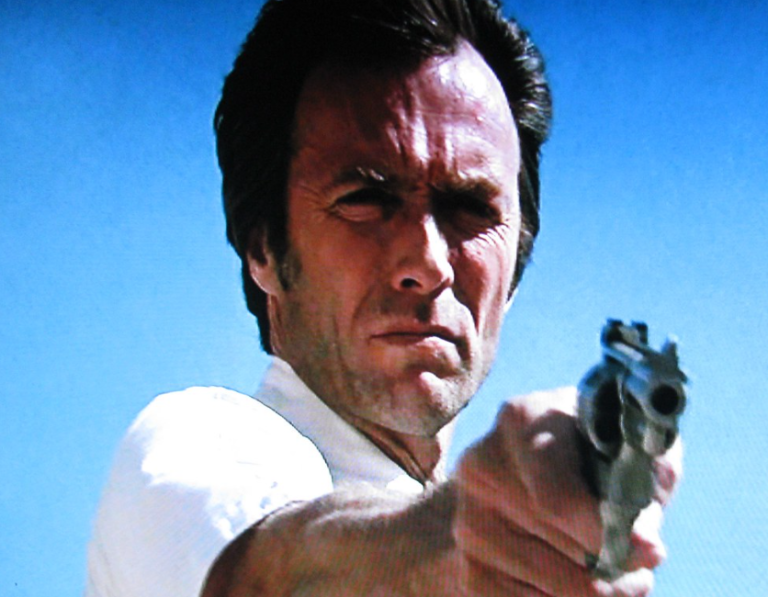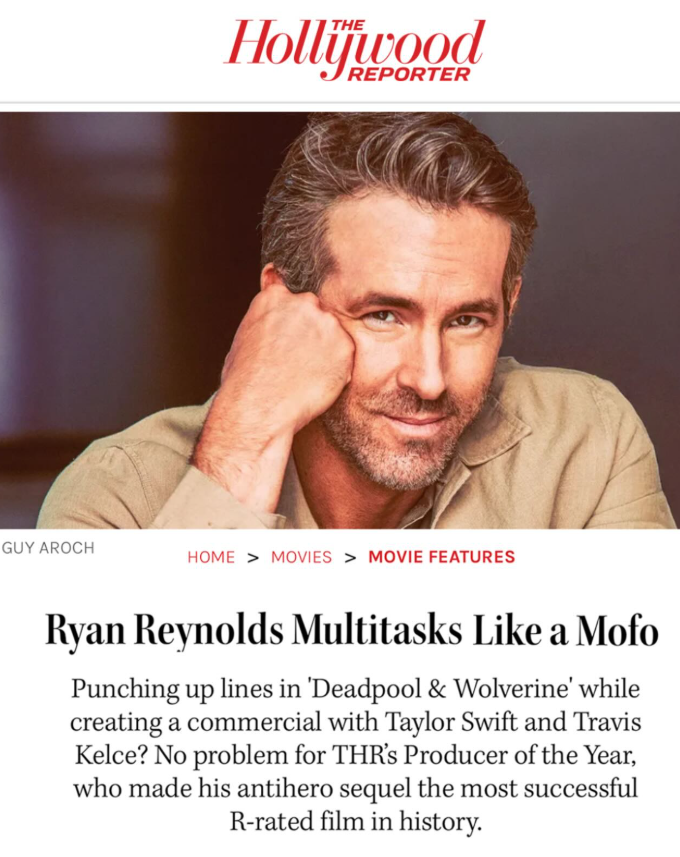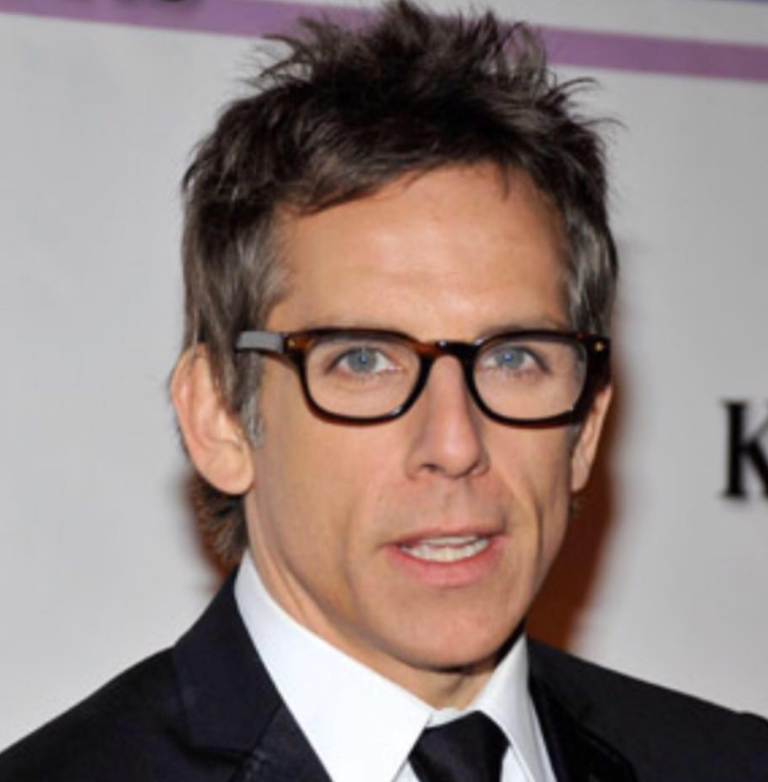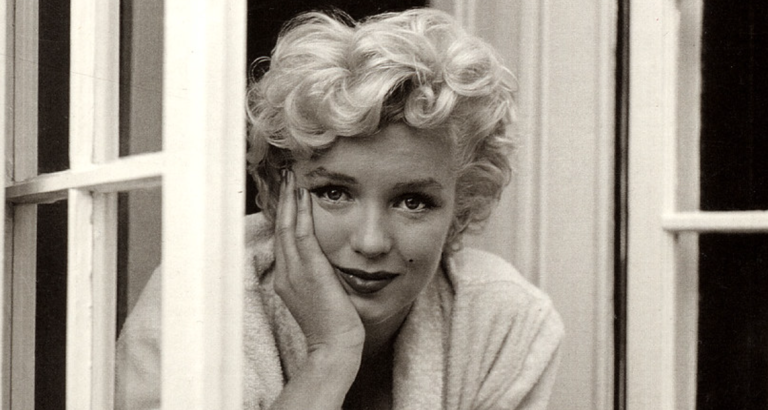Profile
Clint Eastwood: The Man, The Myth, The Legend
Clint Eastwood is a towering figure in Hollywood—not just in stature (standing 6 feet 4 inches) but in influence. Born May 31, 1930, in San Francisco, California, he has shaped American cinema for more than six decades as an actor, director, producer, composer, and political figure.
Known for his rugged masculinity, Eastwood became synonymous with the stoic, lone-wolf hero—a persona he carried across iconic roles, from the Man with No Name in Sergio Leone’s Dollars Trilogy (1964–1966) to Dirty Harry Callahan, the uncompromising San Francisco cop who famously growled:
“You’ve got to ask yourself one question: ‘Do I feel lucky?’ Well, do ya, punk?”
— Dirty Harry (1971)
His career is built on calculated risks, unshakable confidence, and an unwavering belief in his instincts—often defying industry norms. This self-assurance has been his trademark, earning admiration and criticism alike.
Early Life and the Formation of an Icon
Clinton Eastwood Jr. was born during the Great Depression, and his early years were shaped by hardship. His family moved frequently for work, instilling in him a sense of independence that would define his career.
Despite his natural charisma, his path to Hollywood was unconventional. After graduating from Oakland Technical High School, he worked odd jobs—lumberjack, lifeguard, steelworker—before being drafted into the U.S. Army during the Korean War.
A pivotal moment came at Fort Ord, where he was stationed as a swimming instructor. A Universal Studios talent scout noticed him, and though initially dismissed as “too wooden,” Eastwood’s persistence and screen presence eventually won over critics.
The Rise to Fame: The Man With No Name
Eastwood’s breakthrough came with CBS’s western series Rawhide (1959–1965), but superstardom arrived with Sergio Leone’s Dollars Trilogy:
- A Fistful of Dollars (1964)
- For a Few Dollars More (1965)
- The Good, the Bad and the Ugly (1966)
These films redefined the Western genre with Eastwood’s antihero—silent, mysterious, and lethal. His performance relied on subtlety, body language, and an aura of cool detachment.
Reflecting on his career philosophy, he once said:
“If you want a guarantee, buy a toaster.”
— Attributed to Eastwood in interviews
The Dirty Harry Era & His Take on Justice
While Westerns made him famous, Dirty Harry (1971) cemented his Hollywood legacy. Playing Harry Callahan, a morally ambiguous cop, Eastwood embodied law and order at its most visceral.
“A man’s got to know his limitations.”
— Magnum Force (1973)
The Dirty Harry series (1971–1988) reflected Eastwood’s themes of individualism and justice. Critics labeled the character “fascist,” but Eastwood defended the role, arguing audiences connected with protagonists who act decisively in flawed systems.
From Actor to Director: A Hollywood Powerhouse
Defying expectations, Eastwood became one of Hollywood’s most respected directors. His minimalist style prioritizes efficiency, often shooting in one or two takes. Acclaimed works include:
- Unforgiven (1992): Won Best Picture and Best Director Oscars.
- Million Dollar Baby (2004): Earned him a second Best Director Oscar.
- Mystic River (2003): Features Oscar-winning performances.
- American Sniper (2014): His highest-grossing film ($547 million worldwide).
His directing mantra:
“Take your work seriously, but don’t take yourself seriously.”
— Documented in interviews
A Man of Contradictions: Politics and Independence
Eastwood defies political categorization:
- Served as Mayor of Carmel-by-the-Sea (1986–1988), cutting business regulations.
- Endorsed Mitt Romney (2012) but supports same-sex marriage.
- Delivered a controversial 2012 RNC speech addressing an empty chair (symbolizing President Obama).
He critiques war despite his tough-guy image:
“War is a lot of fun for people who haven’t been in one.”
— From interviews
His independence is legendary. When defending his uncompromising career choices, he channeled his most famous character:
“I tried being reasonable, I didn’t like it.”
— Dirty Harry in The Dead Pool (1988)
Legacy: The Last Gunslinger Standing
At 94, Eastwood remains active—directing (Juror No. 2, 2024) and embodying relentless drive. His career rests on:
- Talent
- Confidence
- Work Ethic
- Defiance of Convention
A quote often linked to him captures his ethos:
“Respect your efforts, respect yourself. Self-respect leads to self-discipline. When you have both, that’s real power.”
— Widely attributed but unconfirmed origin
Clint Eastwood’s legend endures—not just as a Hollywood icon, but as a testament to self-reinvention and uncompromising vision.





1 Reviews on “Clint Eastwood”
Clint is an undeniable icon and an American treasure!